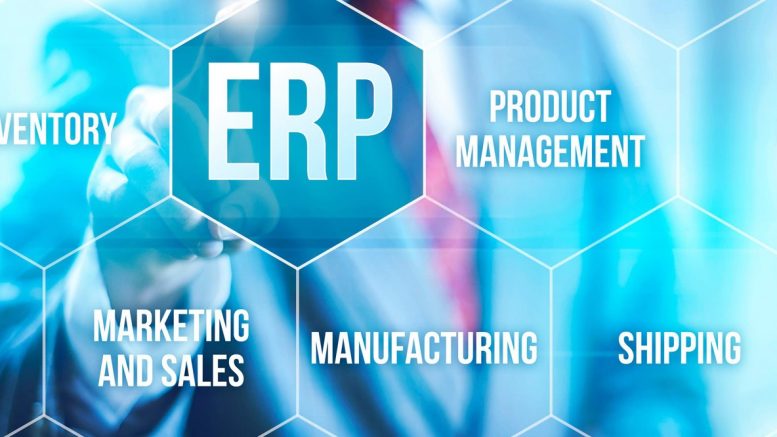From the state’s expanding aerospace manufacturing and supplier infrastructure in the Charleston area, to investments and growth in automotive manufacturing throughout the state, South Carolina’s manufacturing sector represents the largest industry cluster in the State’s economy.
With the sustained growth, the area’s extended supply chain of manufacturers and distributors face an ever-increasing realization: their own technologies and processes need to stay current and scale to accommodate growth.
Diminishing Returns?
When project teams consider the capabilities of today’s modern Enterprise Resource Planning (ERP) software, they are wise to take a close look whether their organizations are experiencing diminishing benefits from their legacy systems.
The ERP software may be a victim of end-of-life “sunsetting” where support is discontinued. Another possible scenario involves the vendor putting the product in “maintenance mode” with limited updates.
These legacy ERP software packages may no longer address the critical needs of today’s organization in areas of reporting, planning or overall efficiency.
Challenges of System Scalability
Many teams realize they can’t scale their operations due to a legacy ERP system developed more than a decade ago. Leadership might be planning for aggressive expansion to meet the region’s expansion into new markets and distribution channels, but often finds that an outdated system and standalone spreadsheets currently used to run the company can’t scale.
Organizations depending on legacy products are also limited due to a lack of mobile functionality, analytics, CRM, and other applications that that are needed in today’s competitive environment.
With the region’s manufacturers and distributors saddled with ERP solutions that were state-of-the-art a decade ago, many organizations find that the time is now for an ERP selection project that considers modern technology and systems that best fit their unique needs.
The Promise of Modern ERP
For today’s manufacturing, the promise of a modern ERP solution that integrates and makes data instantly available throughout the enterprise is key.
Upgrading or transitioning to a new ERP system – or any enterprise software solution – is a potentially disruptive process which can impact business continuity.
Keeping the ERP project on time and on budget is certainly a challenge. Choosing the right technology solution is never easy, but informed businesses start with an analysis of the current state and a clear definition of the desired future state.
Top Considerations
Fortunately for the companies on the cusp of making that plunge into choosing a new ERP solution, a strategic approach helps companies successfully execute these projects and help reduce risk.
Companies in this position should start by considering the following:
- Ongoing support: Is there uncertainty in obtaining adequate support, upgrades or maintenance?
- User interface: Are there onboarding challenges and risk of attrition with today’s millennial employees who are handicapped from a legacy “green screen” ERP interface?
- Modern feature-set: Does the current ERP system support the company’s plans for growth in areas of new distribution channels and e-commerce? Or in global markets?
- Scalability: Will the technology support future growth and competitiveness? For example, does the system limit number of data entries, or crash when server end users access it at once?
- Standalone systems: Are current processes supported by discrete, non-integrated applications, spreadsheets and work-arounds?
On the Right Path
For organizations in this growing region, evaluating a new enterprise software solution is an important challenge and requires careful planning and research into potential solutions. Today’s modern technology supports business process improvements and best practices that lead directly to business performance improvement.
By approaching the evaluation process and ERP selection criteria in an informed manner, companies can ensure they make the right decisions to maintain or establish a competitive edge over other companies in the marketplace.
Jeff Carr is Founder and CEO of Ultra Consultants, an independent research and enterprise selection consultants firm serving the manufacturing and distribution industries. He is a leading independent voice in enterprise system technology. Jeff’s organizations have helped over 1,200 manufacturing companies transform their business operations. Visit Ultra Consultants to learn more about Jeff Carr and his team.



Be the first to comment on "Rethinking Enterprise Technology in 2018? Get Started on the Right Path"